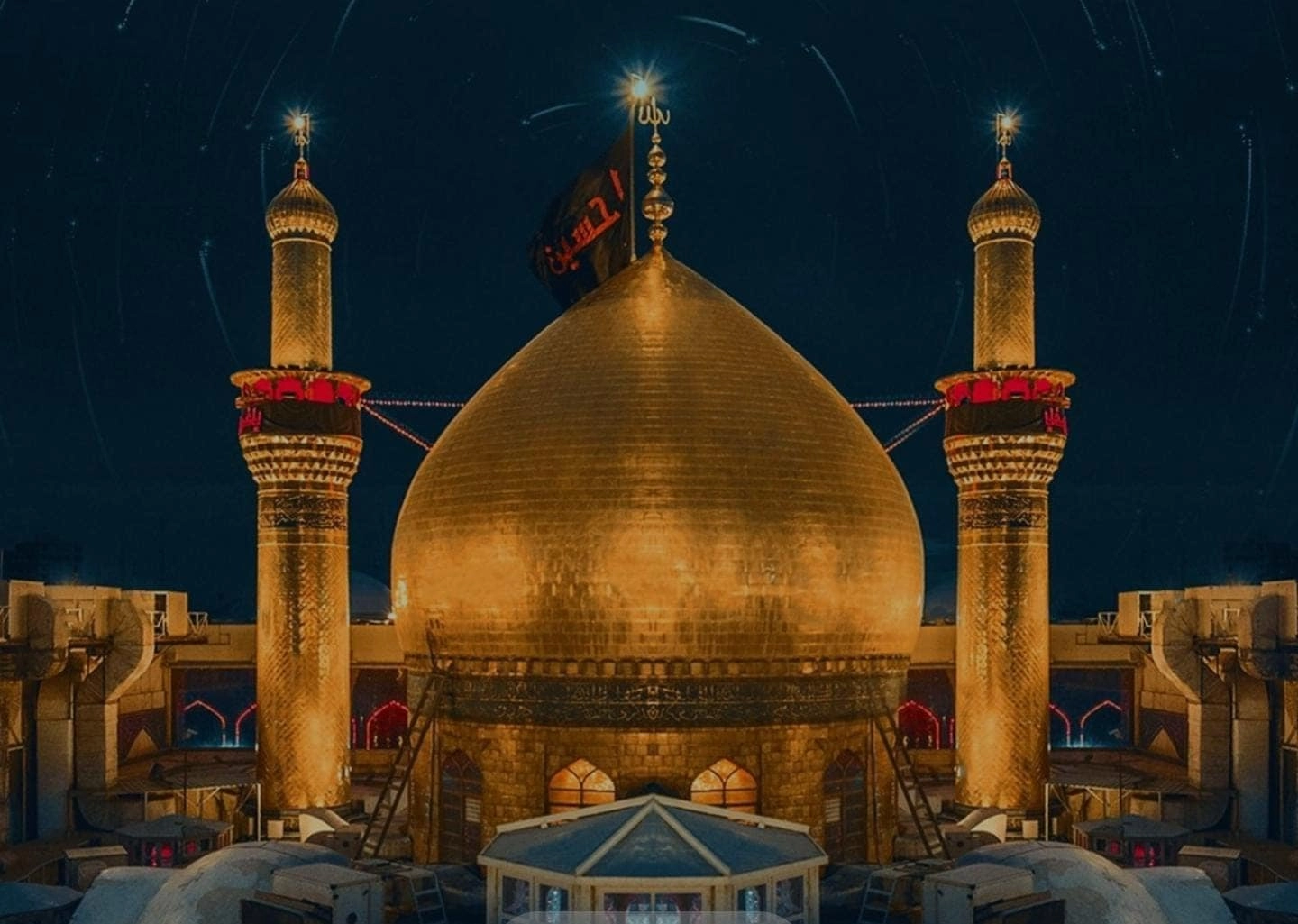Muharram, the first month of the Islamic lunar calendar, holds profound significance for Muslims around the world, particularly for Shia Muslims. In 2025, the month of Muharram begins on July 28 and culminates with Ashura, the 10th day of Muharram, which falls on August 6. This period is marked by deep mourning and reflection, commemorating the martyrdom of Imam Hussein, the grandson of the Prophet Muhammad, during the Battle of Karbala in 680 CE. The events that transpired in Karbala are not merely historical; they resonate deeply with themes of justice, sacrifice, and the struggle against tyranny, making Ashura a pivotal moment in Islamic history.
The Battle of Karbala was a confrontation between the forces of Yazid ibn Muawiya, the Umayyad caliph, and Imam Hussein, who stood against oppression and injustice. Imam Hussein, along with his family and a small group of loyal followers, refused to pledge allegiance to Yazid, who he believed was corrupt and unworthy of leadership. The ensuing battle was not just a physical confrontation; it represented a moral stand against tyranny and a fight for the principles of Islam. The tragic outcome of this battle, where Imam Hussein and many of his companions were killed, has left an indelible mark on the collective memory of Muslims, particularly within the Shia tradition.
Ashura serves as a day of mourning and remembrance, where rituals such as recitation of elegies, reenactments of the Battle of Karbala, and communal prayers are held. These observances are not solely a means of honoring the sacrifices made by Imam Hussein and his followers; they also serve as a reminder of the ongoing struggles against injustice and oppression in various forms throughout history. The teachings derived from the events of Karbala inspire many to stand up against tyranny and advocate for social justice, emphasizing that the fight for righteousness is a continuous endeavor.
In essence, the significance of Muharram and Ashura extends beyond mere historical commemoration. They embody a spirit of resilience and a commitment to uphold justice, urging individuals to reflect on their responsibilities within society. The lessons learned from the Battle of Karbala are relevant even today, reminding Muslims and non-Muslims alike of the importance of standing firm against oppression and advocating for the rights of the marginalized. As Muharram 2025 approaches, the observance of Ashura will once again unite communities in shared grief and purpose, reinforcing the enduring legacy of Imam Hussein’s sacrifice.




